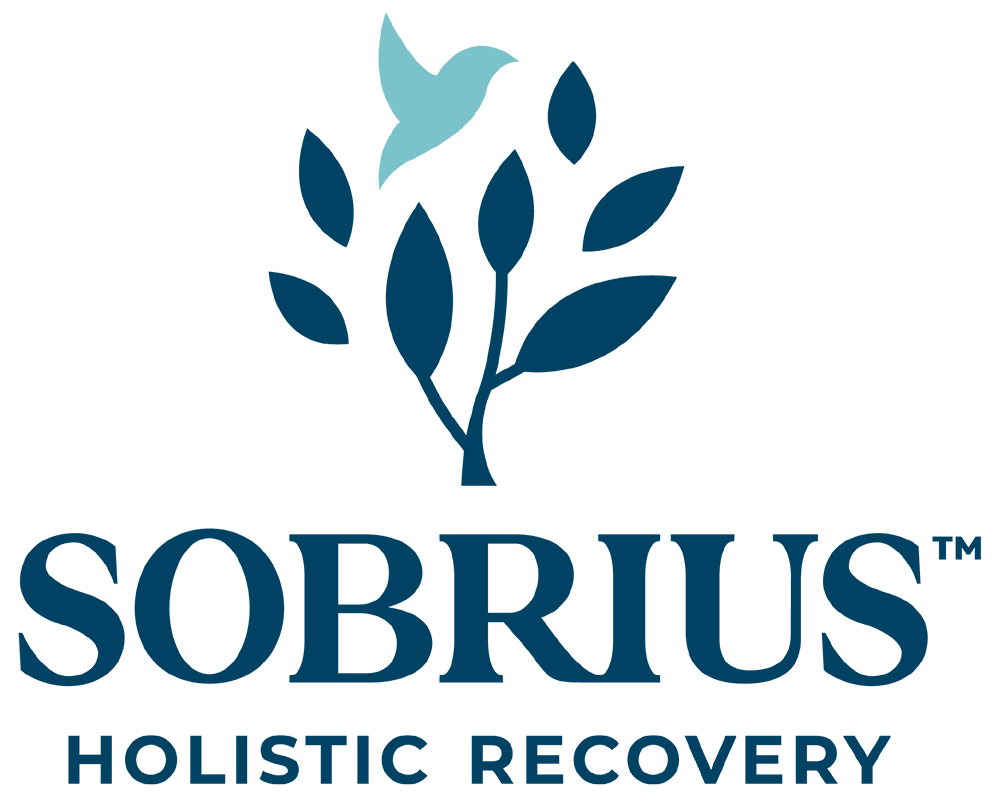Around the country, group therapy is included in virtually all mental health and addiction treatment programs. There are many benefits of group therapy, including improved self-esteem and confidence, improved communication and relationship skills, and time to practice coping skills. It can help you achieve your goals and greatly improve your mental health and general well-being.
Sobrius’ group therapy program is fully incorporated into all of our addiction and mental health treatment programs.
When you first arrive for therapy, we will get to know you and answer all of your questions about the pros and cons of group therapy and why it’s essential. We will create a tailored recovery experience. This involves cognitive-behavioral therapy, dialectical behavior therapy, mindfulness practices, and medication-assisted treatment.
Different Types of Group Therapy
Just like individual counseling, group therapy is not one-size-fits-all. There are various types of groups to choose from, each designed to meet specific needs. Some groups are organized around therapy modalities or approaches. These include cognitive-behavioral groups, skills-based groups, or support groups focused on mindfulness. Others bring people with shared experiences or diagnoses together, like social anxiety, depression, or postpartum issues. If a particular group doesn’t feel like the right fit, there are always other options available, so you can find the support style that works best for you.
The Benefits of Group Therapy
Group therapy is a great tool for dealing with addiction and other mental health disorders. It provides a group setting where anywhere from 6–12 people talk about their experiences with addiction, depression, or anxiety disorders and how it makes them feel. They receive feedback from their peers who are going through similar experiences and this advice can go a long way toward improving their mental health.
Participating in group therapy sessions has many benefits. If you’re nervous about sharing and talking about your struggles, that’s okay. Everyone feels nervous at first, but your peers and therapist will encourage you to open up and talk about your experiences.
What are the advantages of group therapy? Here are some of the advantages of participating. Group therapy:
- Provides a strong support system
- Offers a different perspective and insights
- Encourages accountability and motivation
- Teaches social and communication skills
- Builds self-awareness
- Helps develop coping skills
- Improves emotional regulation
Opportunities to Find and Become a Role Model in Group Therapy
One especially unique benefit of group therapy is the chance to connect with others who are at different points in their journey. Within each group, you’ll find individuals at various stages of healing. Some people may be just starting out, while others have made significant progress. This creates a supportive environment where you can look up to those further along as examples of hope and resilience.
For many, seeing fellow group members successfully navigate challenges can be motivating. You’re likely to discover role models who’ve faced similar struggles and learned valuable lessons, offering practical advice and encouragement. Over time, as you make progress yourself, you’ll naturally become a source of inspiration for newcomers. The roles often shift: you may begin as someone seeking guidance but eventually find yourself offering perspective and reassurance to others who are just starting their recovery.
By giving and receiving support, you become an active participant in the growth and healing of everyone in the group. This builds a cycle of shared strength and understanding.
Group therapy sessions can treat a number of disorders, including substance use disorders, anxiety disorders, depression disorders, as well as trauma, post-traumatic stress disorder, and other disorders. It is for those looking for peer support and encouragement and those who struggle with building healthy relationships and strong communication skills.
The Pros and Cons of Group Therapy
When you enroll in a treatment program, you will participate in group and private therapy sessions. You will work one-on-one with a therapist during private therapy sessions and in group therapy with your peers who are going through similar experiences as yourself. Group therapy can be a powerful tool for personal growth and healing, but it’s not necessarily for everyone.
Group Therapy Pros
- Provides a supportive space that reduces isolation and encourages emotional support and validation.
- Gives clients a different perspective on their disorders and encourages accountability.
- Teaches social connection and improves communication skills.
- Builds self-awareness.
- Is cost-effective.
- Provides a safe space to practice and fine-tune coping skills.
- Fosters a powerful sense of belonging that can be hard to find elsewhere.
- Creates a unique bond and shared understanding when people gather to share similar struggles.
- Offers a more equal playing field than individual counseling, with less distinction between “expert” and “learner.”
- Centers peer connection as an essential part of healing.
- Helps participants realize they are not alone, making growth feel more possible.
- Makes the shared journey and mutual support just as healing as the therapist’s guidance.
- Allows people to hear from others who truly “get it,” which can help them move forward.
- Brings together people with varied backgrounds and at different stages of healing.
- Lets participants hear from others working through similar challenges and see role models further along in recovery.
- Offers the chance to become a source of guidance for newer members over time.
- Provides a sense of belonging and shared understanding that individual therapy may not replicate.
- Exposes participants to a range of therapeutic approaches and group types.
- Includes groups focused on specific diagnoses (e.g., social anxiety, depression) or particular skills (e.g., emotional regulation, mindfulness).
- Offers flexibility to explore other group options if one type doesn’t fit your needs.
Group Therapy Cons
- Provides less individualized attention than private therapy sessions.
- Raises privacy concerns, since personal information is shared in a group setting.
- Can feel intimidating, and some clients may be afraid to share their experiences with others.
Confidentiality and Privacy Considerations
Unlike one-on-one therapy, confidentiality in a group setting cannot be completely guaranteed. While facilitators set the expectation that what’s shared in the group stays in the group, they can only guarantee their own confidentiality—other group members are expected, but not legally bound, to keep discussions private. This can make some participants hesitant to open up, especially when discussing sensitive topics or personal struggles. For individuals who prioritize privacy, this lack of absolute confidentiality may be a significant drawback.
Confidentiality is another important consideration. While facilitators set clear expectations that what’s said in the group stays in the group, absolute confidentiality cannot be guaranteed due to the presence of multiple participants. For those who value privacy or are hesitant to open up, this can be a drawback.
Additionally, group sessions typically happen at set times to accommodate everyone involved, which means there’s less flexibility than with individual counseling. If you have a complicated schedule or need more personalized focus, this structure might not be ideal.
What are the advantages of group therapy? Group therapy is very beneficial for those who thrive in social settings, need peer support, and want to learn from others’ experiences, but it is not a good fit for everyone. If you need a highly personalized treatment program, struggle with social anxiety, or have privacy concerns, an individual program may benefit you more.
When you enroll in a therapy program, they will consider all options while creating a comprehensive treatment program that includes both private and group therapy sessions.
Scheduling Flexibility
When it comes to scheduling, individual counseling generally offers greater flexibility. Sessions can often be booked around your own availability, making it easier to fit therapy into your daily routine. Group therapy, on the other hand, usually meets at predetermined times that accommodate all participants and the need for a dedicated space. Because of this, there may be less room to adjust sessions if your schedule changes, and you’ll typically need to commit to the set group meeting times.
Join Sobrius’ Group Therapy Program Today to Begin a Healing Journey
Sobrius welcomes people from all walks of life who are struggling with a mental health disorder or addiction and are looking for a comprehensive treatment program. The Sobrius Holistic Recovery team has experience in treating all types of disorders and will take the time to get to know you and the reasons why you are here. Our treatment programs include behavioral and holistic therapy, along with medical support, to ease addiction withdrawals, cravings, and other depressive or anxious symptoms.
To learn more about the benefits of group therapy, fill out our online contact form or call 888.596.6514 today to schedule a consultation and tour of our treatment center.

